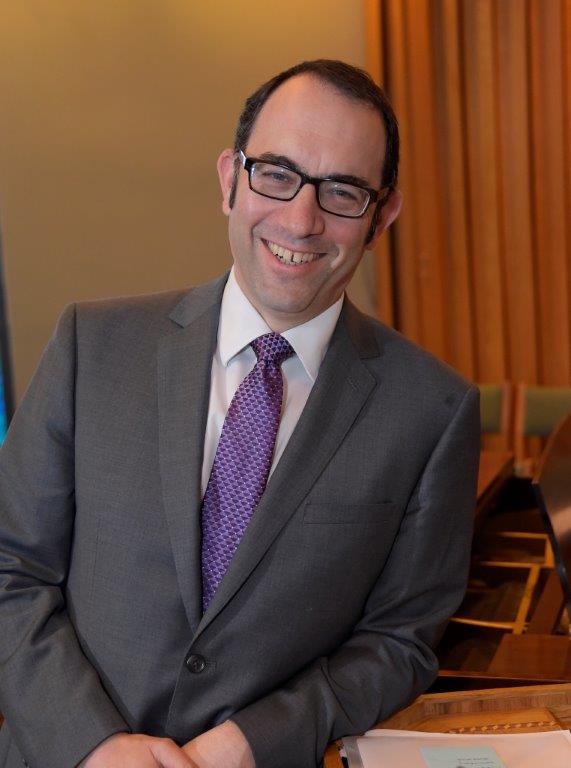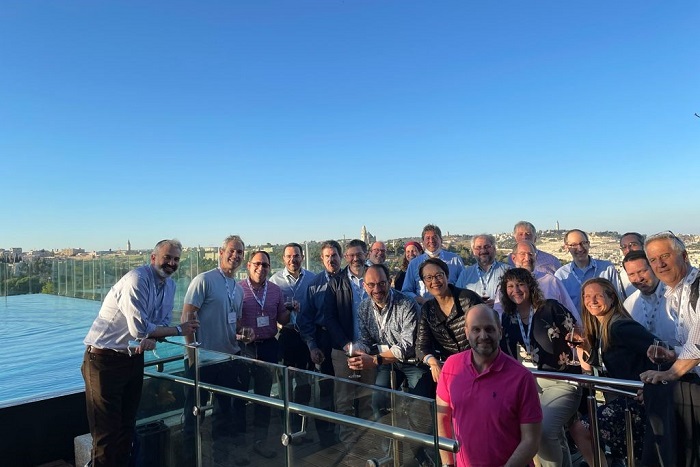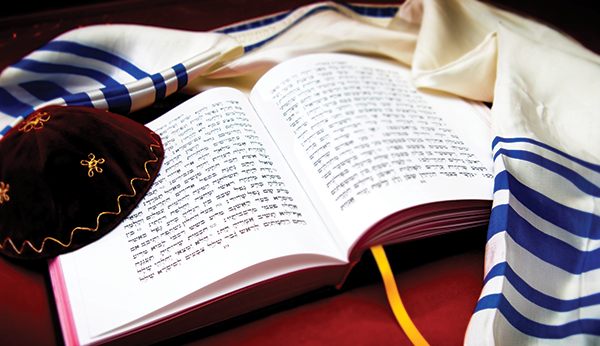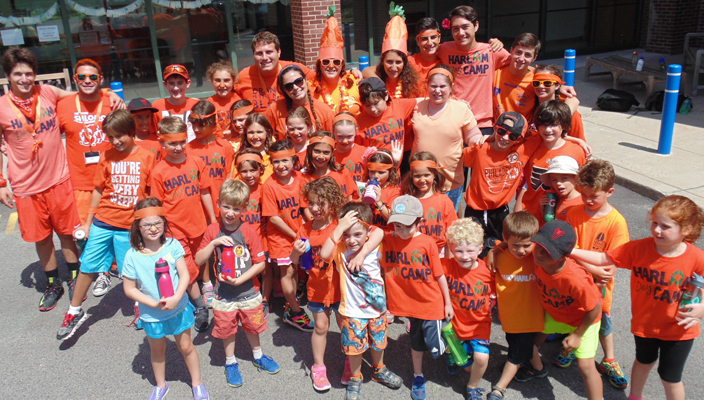When Your Family Is in Need, You Show Up
I thought the email was spam. “We are putting a small group of New York area rabbis together to go to Israel for a few days to show solidarity. Please send your passport number, date of birth, and confirmation of your vaccination status by noon.” I called my




